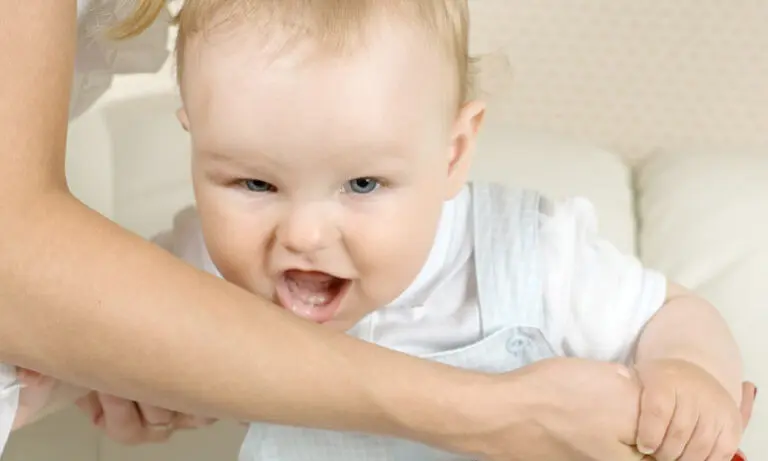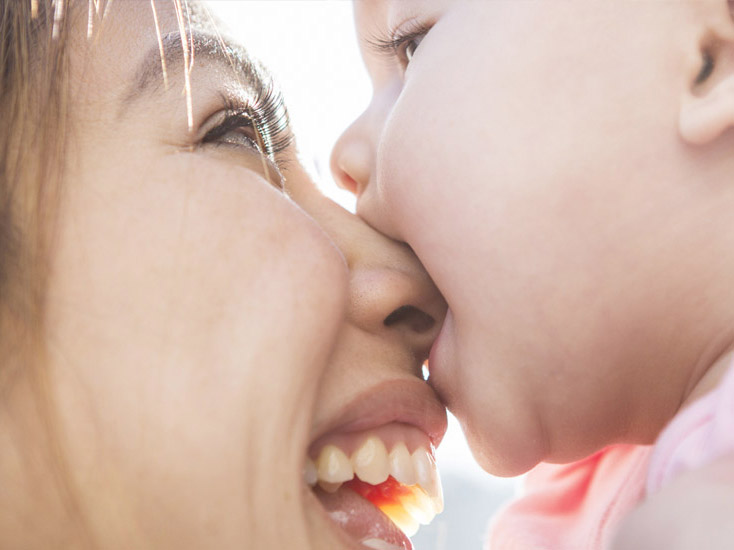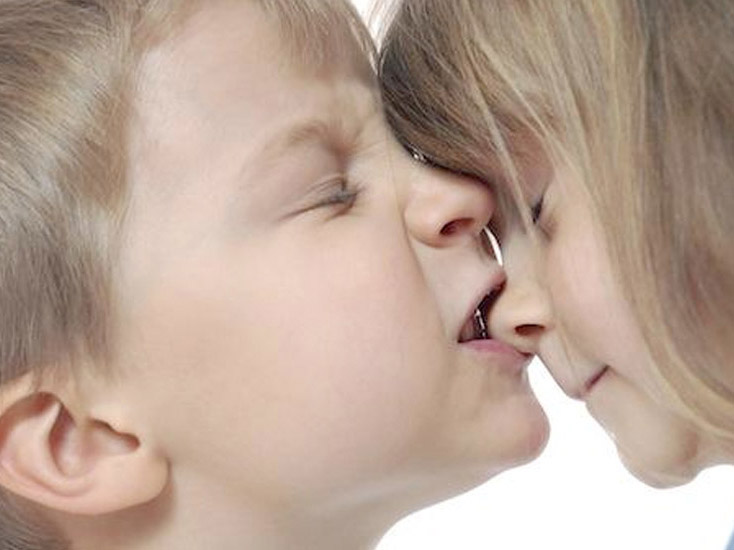Babies and toddlers frequently hit and bite people when their anger emotions have been triggered. It’s a normal mechanism for humans to do this. In fact, almost every single baby has probably hit or bitten their parents before. But there are ways we can prevent this from happening.
Ways to Get Your Child to Stop Hitting and Biting
1. Notice Why
Figure out the reason that causes your toddler to hit and bite. Determine what triggers their anger and what makes them aggressive. Once you’ve figured out what it is, try your best to prevent it from happening.
2. Don’t Yell
Whenever your toddler bites and hits you, avoid yelling at them. They don’t know any better as they are still developing. Instead just strategic talk to them or if they don’t understand languages yet, simply say “no, do not do that please”
3. Provide Alternatives
If your toddler is constantly biting and hitting you, provide them an alternative for them to lash off those actions. For instance, you can give them a pacifier to suck and bite on, or a toy for them to hit whenever they throw a tantrum.
4. Discipline
It is imperative for you to discipline your child whenever he or she starts biting or hitting. You cannot let these types of things pass by. Discipline so that you can prevent this misbehavior next time.
5. Display Examples
If your child hits and bites you, there must be a reason as to why. It could be that your child wants to get a toy however he or she is having difficulties in doing so. In this case, show them how they can get it easily as this will prevent them from throwing a tantrum.
6. Learn sources that trigger biting and hitting
Know what triggers aggressive behaviors. Keep a journal (at least mental notes) identifying the correlation between how a child acts and the circumstances prompting the action.
7. Encourage empathy
You notice one child hits (pushes or kicks) another to get a toy. Show and tell an alternative way to get the toy. “We don’t hit other people. If you want the toy, wait until your friend is finished with it or ask Mommy and I’ll set the shared timer. When I want something from you I don’t hit you, I ask you nicely.”
If the hitter doesn’t cooperate, ask the victim to say, “I’m not playing with you anymore until you say you’re sorry and stop hitting.” Two-year-olds may not be able to say all these words, but they’ll understand them; so you say the words for them and follow through with the consequence.
8. Use time-outs to calm the situation
“Biting hurts, and it’s wrong to hurt. You are going to sit by me.” Usually, by two years of age, the child can make the connection between being aggressive and the consequences. Encourage your child to say “I’m sorry.” If he’s not angry anymore, he might want to give a kiss or hug.
Encourage gentle play
Watch the toddler who habitually bangs toys, bashes dolls, kicks cats, and pounds on walls. While some of this acting out is normal, it can be a red flag for tension and anger. The child is at risk of treating humans this way. Besides delving into the roots of the problem, encourage more gentle play: “Hug the bear,” “Pet the kitty,” “Love the doll.”
9. Reward positive behavior
Children over three respond well to rewards, such as a no-hitting chart: “Every day you are nice to your friends, put a happy face on the chart. When you have three happy faces we’ll go out to lunch together.”



